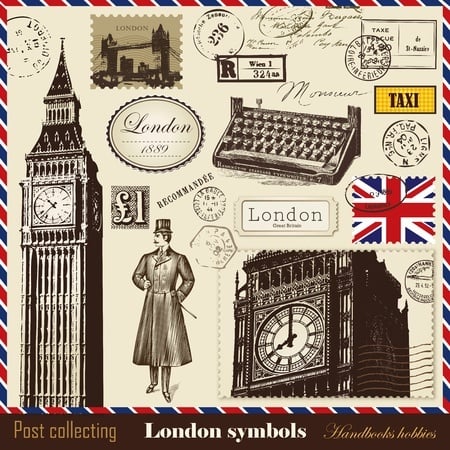Catalan is part of the vast linguistic diversity heard across the world today, comprising approximately 6,000 languages. Currently spoken by over ten...
English is a Indo-European language from the West Germanic group. Before the Latinizing Norman conquest of Britain, several Anglo Saxon dialects dominated the linguistic landscape of most of Great Britain, reducing its surviving Celtic-speaking people to the corners of the island (Wales and the Northern parts of Scotland). Showing little regard for local rights, invading Anglo Saxons called locals Walh (singular) and Walha (plural) and their land Wealas (generic term used by Germanic Anglosaxons for “Celtic foreigner”) and cornered the people who had lived as Celtic Britons and under Roman rule for centuries in what is present-day Wales. Notice that the modern Welsh name for themselves is Cymry, and Cymru is the Welsh name for Wales and they mean "fellow-countrymen". One of the particular characteristics of Anglosaxon dialects was their preference for diphtongs, which is a particular feature of English versus the majority of European languages. The Word English is derived from the Anglosaxon tribe Angles, originating in present-day Schleswig-Holstein. Viking invasions in the North and East in the 9th and 10th centuries fragmented the language considerably by adding new forms of Germanic variations and creating a fusion of closely related dialects known as Old English. However, the English language has been greatly influenced culturally by Latin as the language of religion and cultural life in Europe for centuries and lexically French after the conquest of Britain by the French-speaking Normans in the 11th. Loss of declension cases and conjugated verbal forms separate English from other Germanic and Nordic languages, as well as a very marked Vowel Shift which began after the Black Death around the middle of the 14th century possibly caused by mass migration to the Southeast of England and some culturally-derived hypercorrections (pro or anti-French sentiment).

Related Articles
The Portuguese language belongs to the Romance language family and is one of the most widely spoken languages in the world, with over 300 million...
Would you like to find out more about how the most spoken language in Europe came to be? Our brief history of the German language will help you. ...



